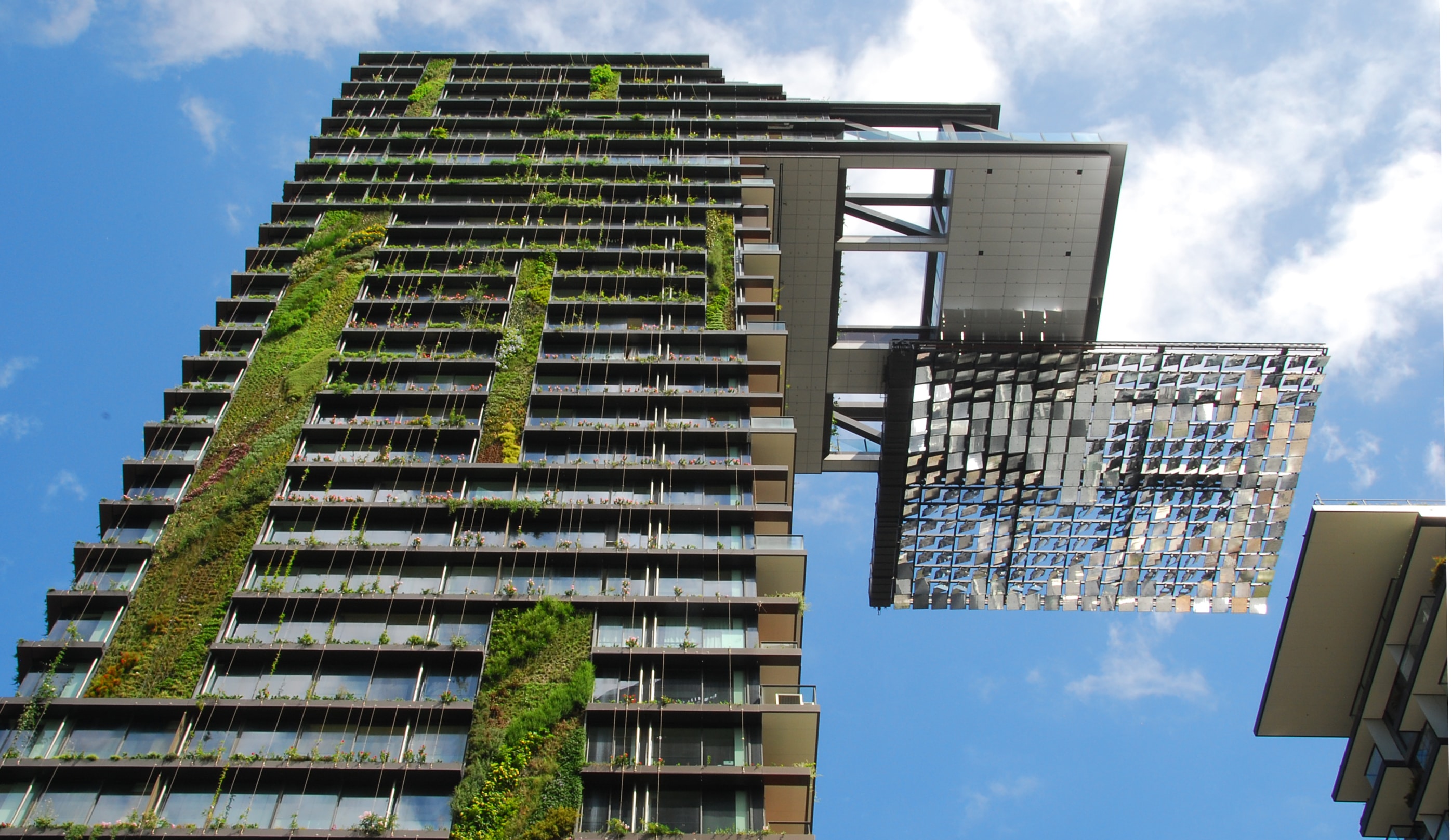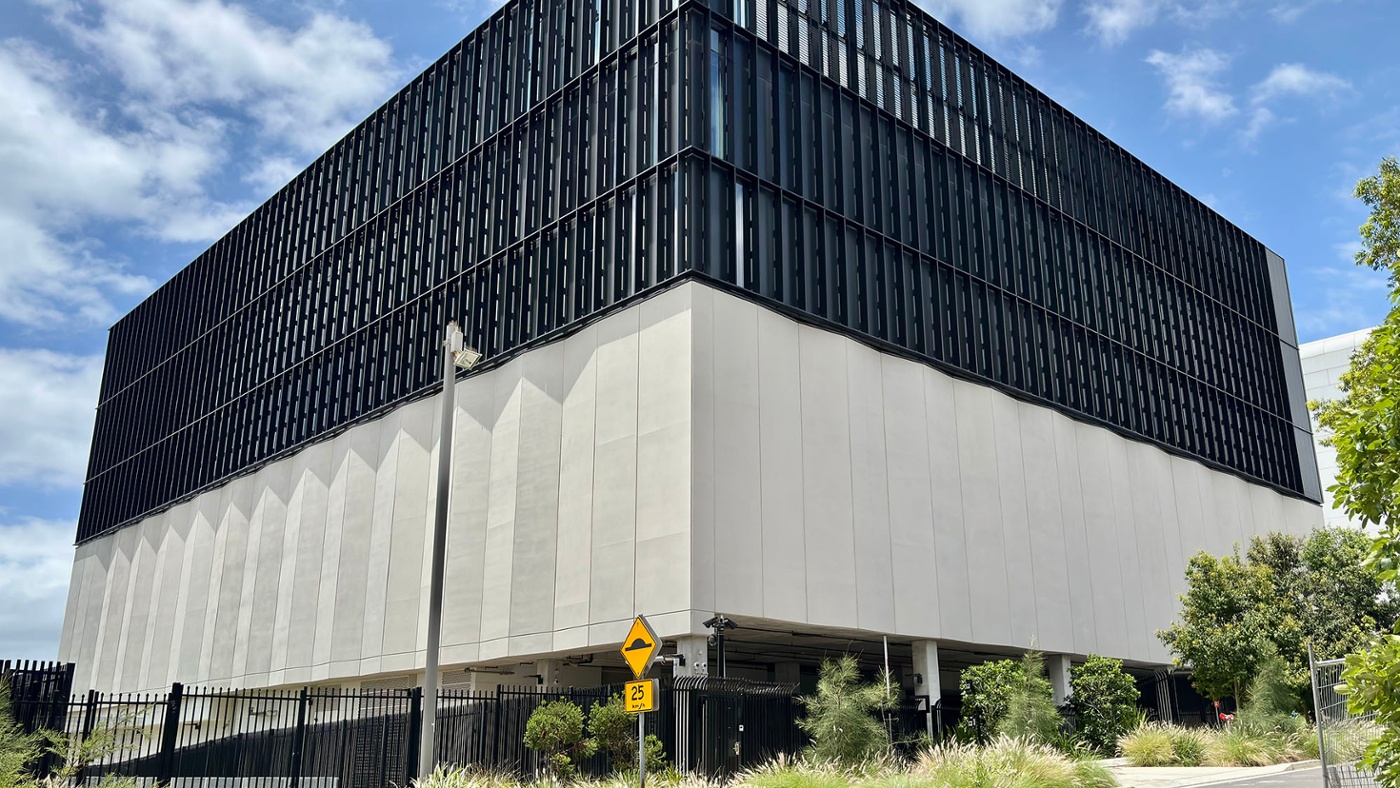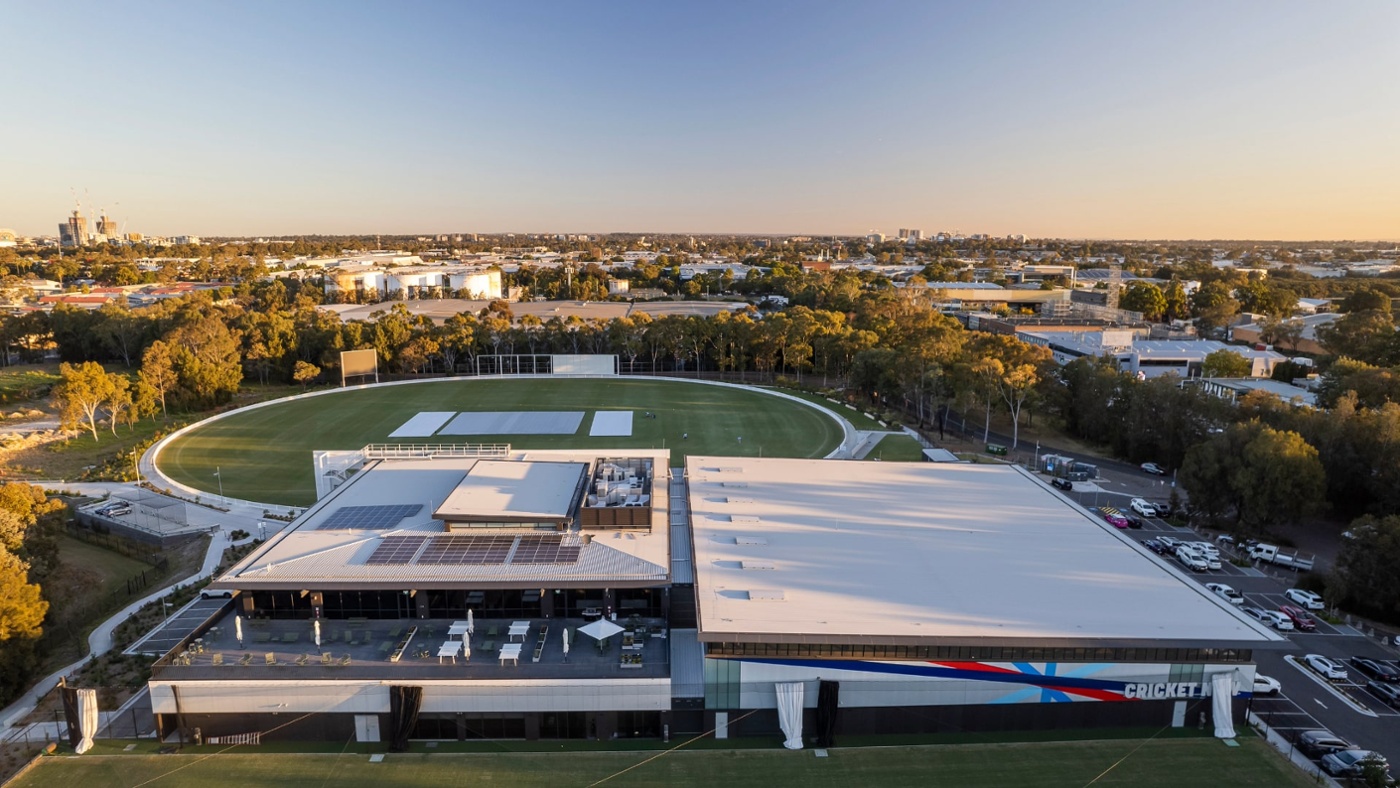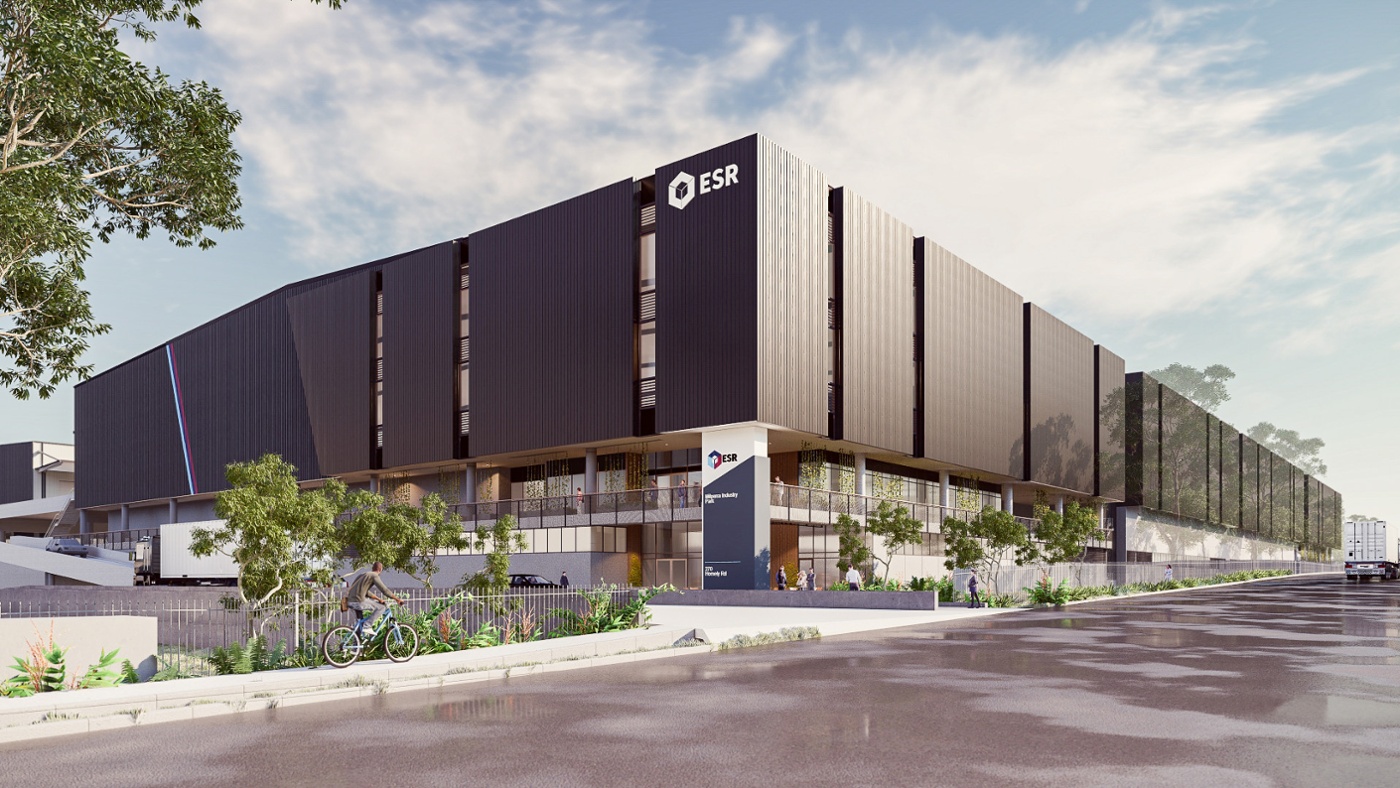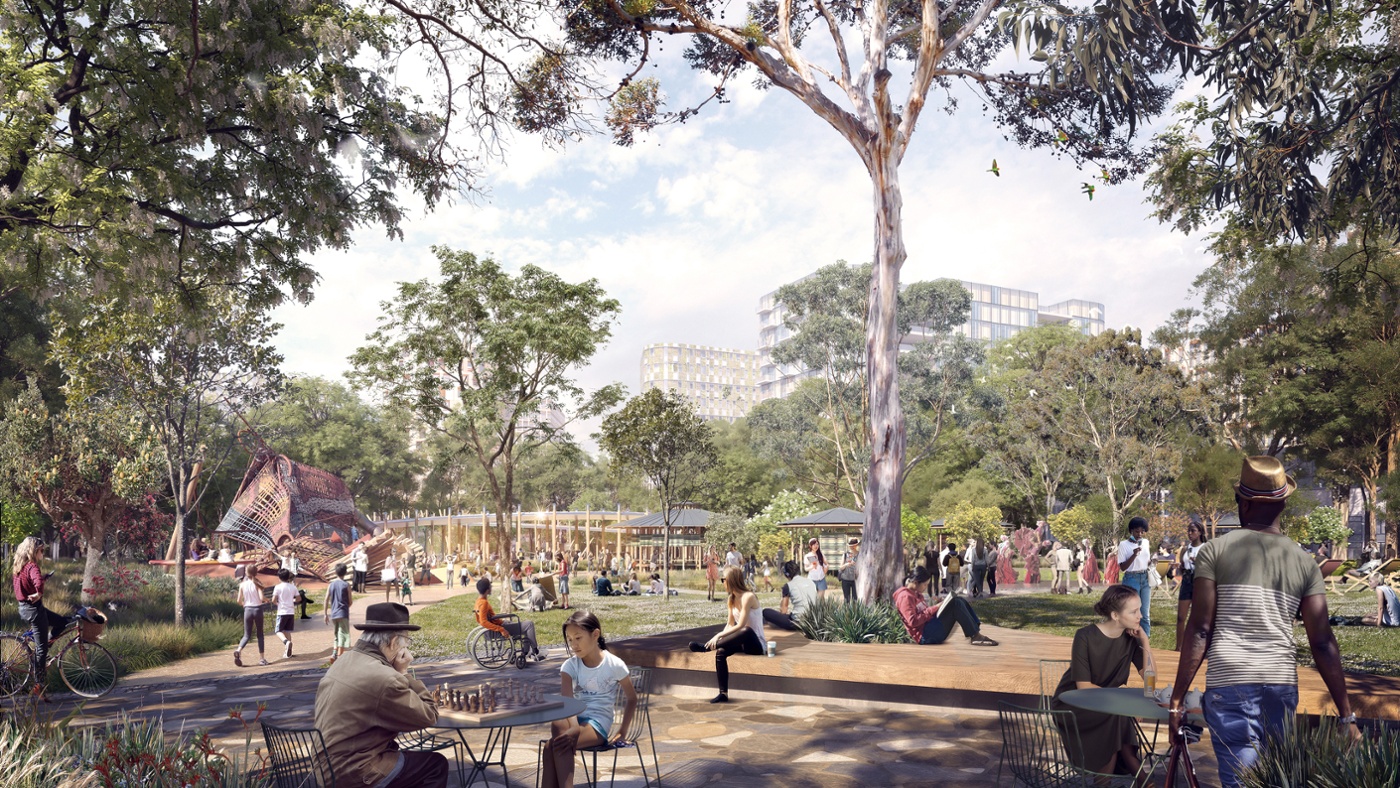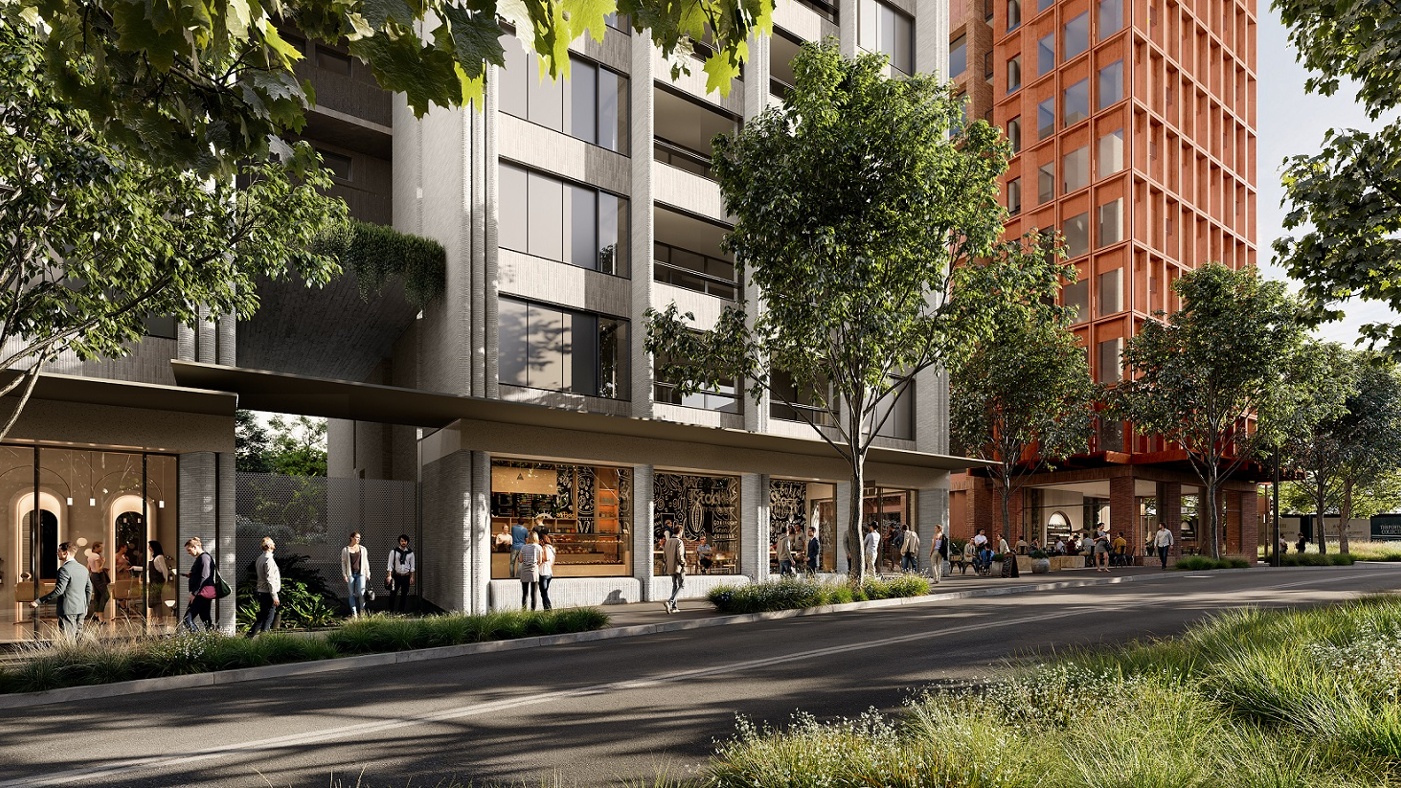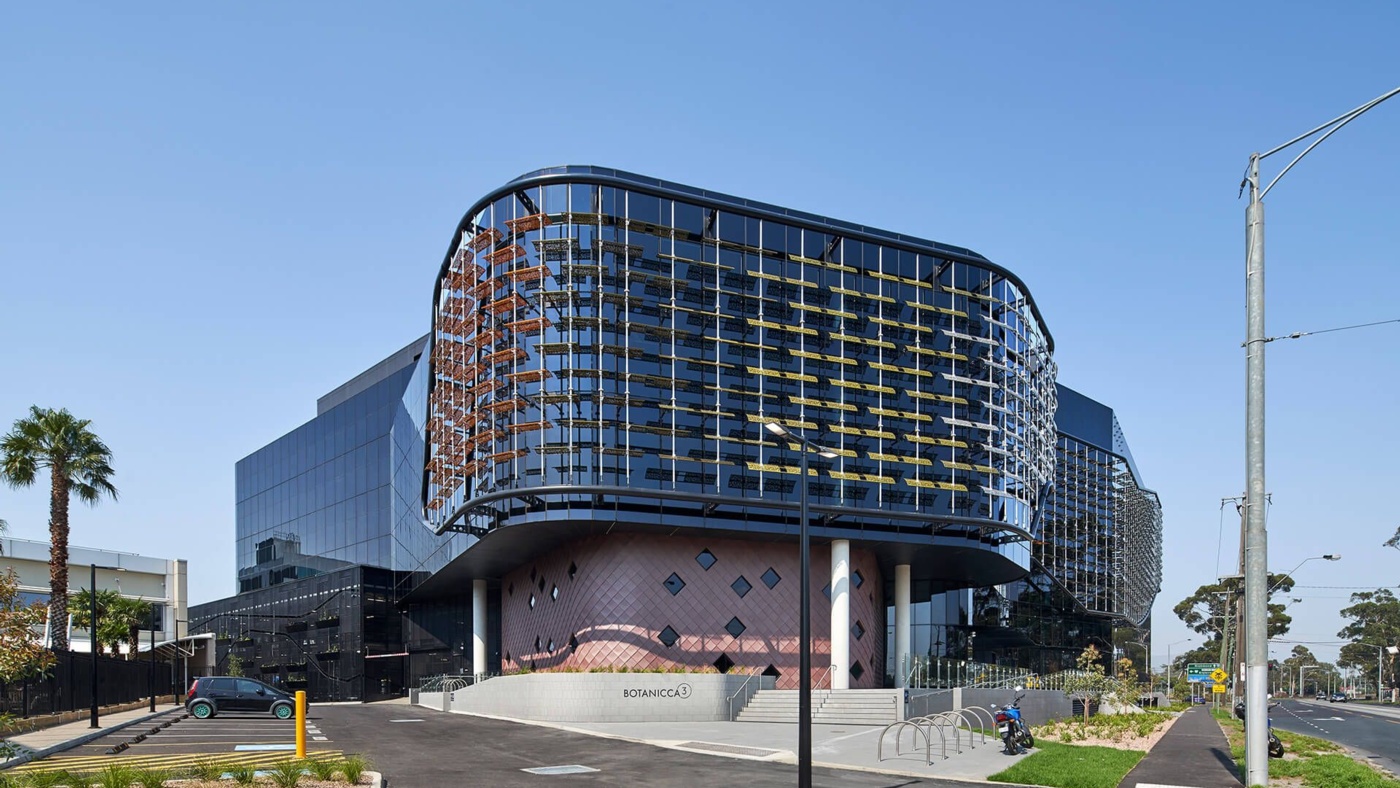Environmental, Social, and Governance
At Ethos Urban we hold a responsibility to contribute to the creation of sustainable, livable, walkable urban spaces, and equitable, inclusive, and socially cohesive places that are resilient and safe for generations to come.
How does sustainability relate to the built environment?
The built environment contributes to around half of total greenhouse gas emissions globally – it is one of the leading consumers of natural resources and producers of waste. Urbanisation largely contributes to key sustainability issues and as a response, SDG 11 (Sustainable Cities and Communities) aims to “make cities and human settlements inclusive, safe, resilient and sustainable”.

Source: Anna Zhu Photography / UTS
What is sustainability? Why is it important?
Sustainability is characterised by development that meets the needs of the present without compromising the ability of future generations to meet their own needs. Sustainability has three fundamental pillars: economy, society and environment, and calls for economic prosperity, social inclusion and wellbeing, as well as environmental protection and conservation. As an important intergenerational issue, sustainability requires consideration and action by all individuals and organisations.
Some of the key sustainability issues the world is facing today include:
- Climate change
- Natural resource depletion
- Habitat loss and ecosystem collapse
- Inequality and poverty
- Population growth and consumption behaviour
- Land, air and water pollution
- Waste management

At Ethos Urban we have a Sustainability Committee, which has the following aims:
Our purpose is to…
- DRIVE Ethos Urban’s achievement and measurement of its sustainability and ESG goals, to support our contribution to United Nations Sustainable Development Goals (UN SDGs) and align our projects with these goals to create better urban experiences.
- USE Ethos Urban’s scale and expertise to enable a more responsible, balanced and sustainable future.
- PROMOTE best-practice ESG and sustainable practices in our sectors and beyond.
- DELIVER on Ethos Urban's adopted ESG policy, consistent with company strategy.
Ethos Urban’s commitment to Environmental, Social and Governance (ESG)
In 2015, Australia ratified the United Nations Sustainable Development Goals (SDGs). The SDGs are an alignment between the (then) 193 member states of the United Nations Framework Convention on Climate Change (‘UNFCC’). Together, this group decided the 17 global priorities that countries should work toward in supporting sustainable development.
The 17 SDGs were created to support the triple bottom line of ESG and are a globally recognised and leading ESG framework. They set forth a challenge for humanity to decouple economic growth from climate change, poverty and inequality.
In 2021, Ethos Urban adopted the SDGs as our framework for implementation of ESG priorities across our organisation.
The time is now – supporting recovery
According to the United Nations Conference on Trade and Development (UNCTAD) the COVID-19 pandemic has reversed years of progress toward achieving the SDGs. This highlights the imperative of focus on ESG for the global business community.
Our ESG Focus
At Ethos Urban, ESG represents the environmental, social and governance aspects of our corporate management and growth. ESG is core to our services, our business operations and our value proposition.
We have adopted the globally recognised United Nations Sustainable Development Goals as our ESG framework. The 17 Sustainable Development Goals (SDGs) is a clearly defined pathway to improving our world, and how business can align its goals and actions to help us all collectively get there.
Within this framework, our efforts are focused where our work and our people contribute the greatest impact.

















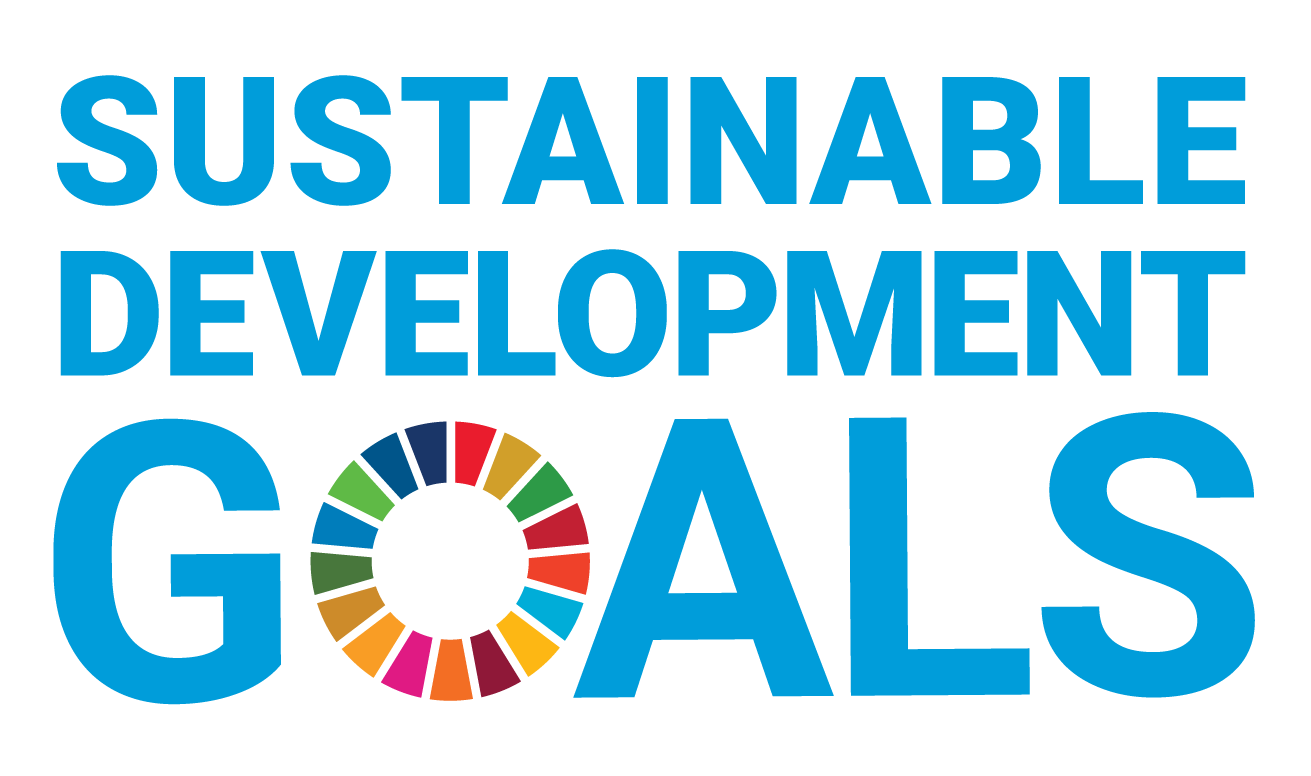
Our ESG goals are:
Pillar #1: Environmental Footprint
- Focus on energy and carbon impact, and waste to landfill mitigation.
- Minimise the impact of our own activities on air, water, and land quality with a focus on carbon emissions reduction towards Net Zero.
- Recognise the impact of our industry and the environmental that we work in.
- Reduce climate-related financial risks.


Pillar #2: Social Impact
- Focus on diversity and inclusion, wellbeing, and indigenous reconciliation.
- Support the physical and mental health and wellbeing of our staff and create a safe, inclusive, and flexible workspace.
- Create a diverse, equal & inclusive workplace and take positive action to promote diversity & equality in Australia.
- Encourage continual professional learning and development across all aspects of the business.
- Be an organisational culture that encourages actions that create positive social value and further resilient community building for all.
- Facilitate a positive impact on the society within which we work.



Pillar #3: Governance
- Focus on stakeholder relations, business transparency, and prevention of modern slavery.
- Link our ESG framework to our company strategy, and actively embed ESG into the organisational culture and decision making across all levels of the business.
- Build employee awareness and understanding of the SDGs and ESG.
- Become a leading voice in the property sector and planning industry, related to ESG and corporate governance.



Pillar #4: Our Professional Services
- Focus on environmentally and socially responsible projects, and pro-bono services.
- Magnify our sustainability impact by influencing the types of professional services we provide and the partner we align our work with.
- Implementation of ethical benchmarking and a structured, well-communicated pro-bono opportunity system.



